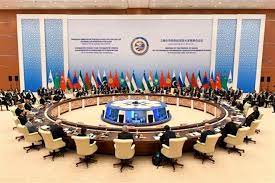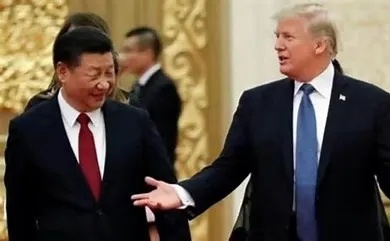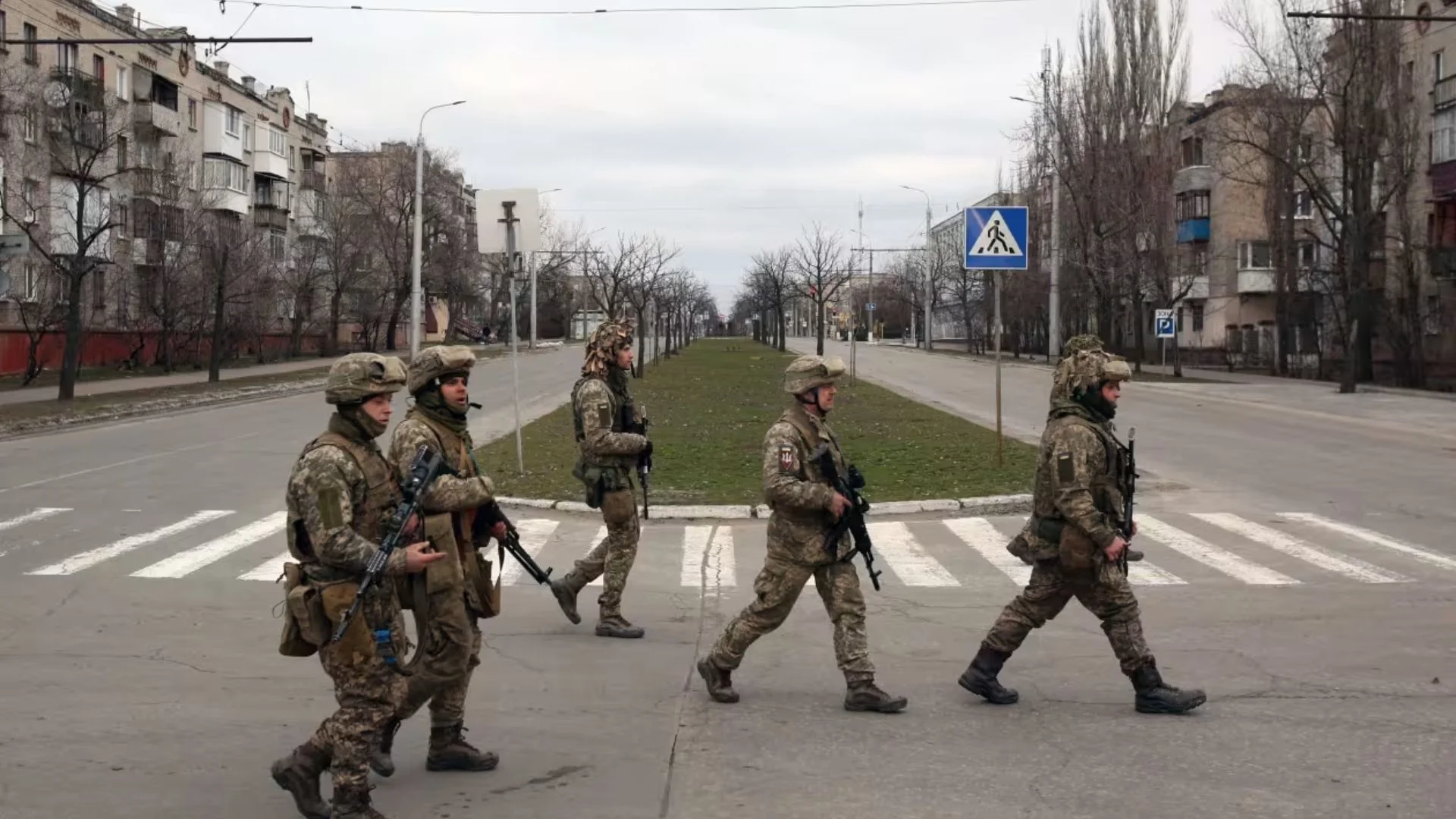India, on Tuesday, suddenly cancelled the in-person Shanghai Cooperation Organisation (SCO) meeting that was scheduled to be held in New Delhi, and instead opted for a virtual meeting, which will be held on 4 July. This is surprising, given that until recently, preparations were being made for the SCO summit, which was supposed to be attended by the heads of state and government of China, Russia, Pakistan, Kazakhstan, Kyrgyzstan, Tajikistan and Uzbekistan, apart from the leaders of a host of observer countries including Iran and Belarus. No statement has been forthcoming from the Ministry of External Affairs, on why the summit had to go virtual. Instead, there have been a few media reports, saying that the cancellation had nothing to do with the scheduling issues of the leaders who were supposed to attend, but that the option of holding the summit virtually was always there on the table. However, given the lack of any official explanation, it’s but natural that there will be speculation that the cancellation happened because of some countries’ refusal to come to India for the summit. So which country was it? It couldn’t have been Pakistan, for Shehbaz Sharif coming or not coming wouldn’t affect New Delhi’s decision not to hold an in-person meeting. Even if it was Xi Jinping, his refusal would not come as a surprise in India, given the tense relations between the two countries. The problem would arise if it was Vladimir Putin who refused to come to New Delhi for the summit. After all, Russia is supposed to be India’s tried and tested friend—a friendship that has survived for decades. Loyal to history, New Delhi has been sticking its neck out in the United Nations and facing opprobrium for refusing to condemn Putin’s misadventures in Ukraine. Its decision to abstain on every anti-Russia resolution at the UN has led to calls to punish India. In fact, a report published by The Sunday Guardian says that Indians’ US visa problems have to do with India’s refusal to side with the West on Ukraine. Even now, India is facing a major information warfare at the international level for buying Russian oil. India is being accused of funding Putin’s war, even though it is China that is buying the maximum oil from Russia and is actually propping up Moscow financially by deepening economic ties with it. Isn’t all this a high price to pay for India’s loyalty to Russia? But does Russia understand India’s predicament? Russia seems more interested in condemning the Quad, knowing full well that India is a part of it. Russia is toeing China’s line in the Indo-Pacific, by claiming that seeking a free and open Indo-Pacific—Russia prefers to use the term Asia-Pacific, favoured by China—is about implementing the American “bloc system” in the region. All this stands against what India believes in.
Thus the obvious question is, was the SCO summit shifted to virtual mode because it was Vladimir Putin who refused to come, perhaps under Xi Jinping’s influence? In fact, India shouldn’t have shifted the SCO summit to the virtual mode. It should have gone ahead with the in-person summit and seen which countries would not turn up for it. A lot of things would have fallen in place. For how long can India hide the actual nature of India’s relations with Russia, or Russia’s relations with China? The fact is, a sanctions-battered Russian bear has become a Russian poodle of the Chinese dragon. It may dislike China’s hegemonic tendencies, as some analysts would like to believe, but it cannot do anything about it, because its survival depends on the PRC.
Media reports say that there is no need for an in-person SCO summit since both Putin and Xi will be in India anyway for the G20 summit in September. But what if they are not? What if Xi does not turn up and makes Putin also appear at the summit virtually? Putin anyway is not keen to meet the other world leaders because of the Ukraine war. Add to it China’s India problem. Lest we forget, Russia and China joined hands in Bengaluru at the G20 Finance Ministers’ meeting earlier in the year and did not allow an outcome document to be issued by objecting to a paragraph condemning external aggression, even though they had agreed to the same paragraph at the Bali G20 Summit. Many saw this as an attempt by China to use Russia to disrupt India’s G20 presidency. Are we supposed to believe that China will not try to make India lose face in September, by some means? But then all this is in the realm of speculation. What is not in the realm of speculation is that Russia is refusing to continue with a rupee-ruble deal with India. Reliable sources say that Russia wants India to pay for its purchases in renminbi—the Chinese currency. That’s not a very India-friendly action by Russia, is it? All that Russia seems to be doing is advancing China’s cause. This being the situation, it will be interesting to see whether or not Vladimir Putin turns up for the G20 Summit in New Delhi—irrespective of whether Xi Jinping attends it or not in person. Putin needs to prove that Russia is India’s friend and not a client state of China.

















